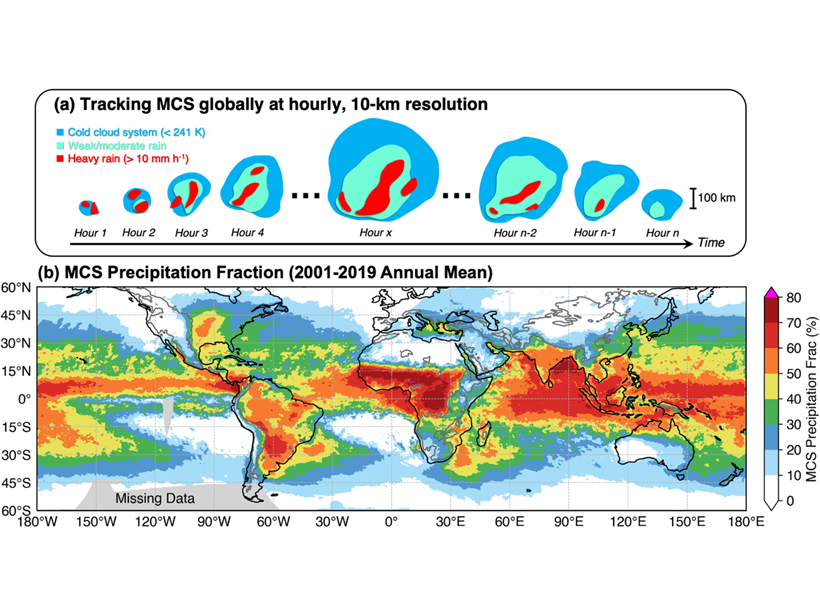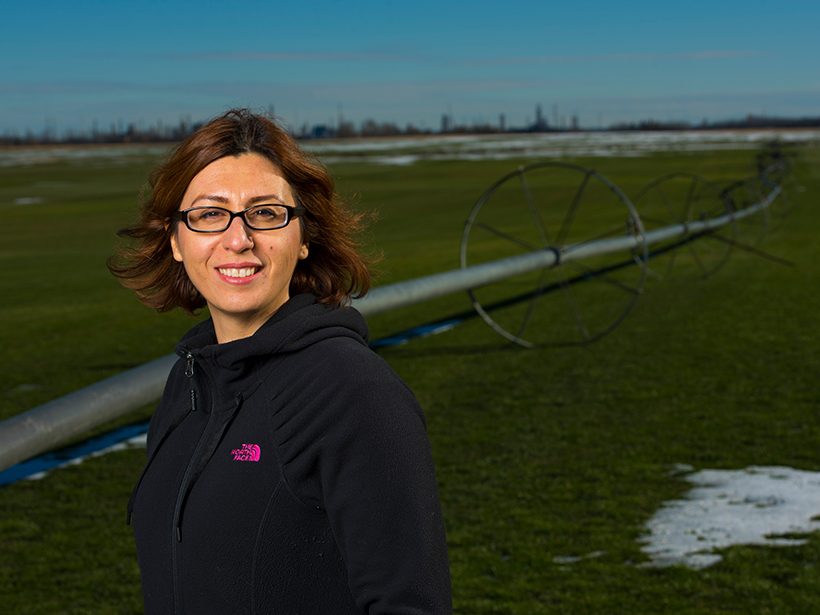Nontraditional sources of data could assist in charting the U.N. Sustainable Development Goals, helping design appropriate policies and investments to improve the state of the environment.
data management
A New Practical Guide to Using Python for Earth Observation
A new book presents an example-driven collection of basic methods, applications, and visualizations to process satellite data sets for Earth science research.
Una mirada global al carbono orgánico superficial del suelo
El carbono orgánico del suelo es un elemento importante para la salud de los ecosistemas y del clima. En la actualidad la teledetección permite a los científicos observar globalmente esta importante pieza del rompecabezas del carbono.
A Tectonic Shift in Analytics and Computing Is Coming
Artificial intelligence combined with high-performance computing could trigger a fundamental change in how geoscientists extract knowledge from large volumes of data.
Calculating Human Health Risks with General Weather Data
Gridded climate data sets are just as effective as weather station data at assessing human mortality risk related to heat and cold, researchers suggest.
What’s the Beef About Methane?
Progress has been made to reduce methane emission intensity from livestock (the amount of methane per unit of protein), but where are the greatest opportunities to reduce this methane source further?
Integrating Data to Find Links Between Environment and Health
Several obstacles stand in the way of integrating social, health, and Earth science data for vital geohealth studies, but there are tools and opportunities to overcome these obstacles.
New Global Mesoscale Convective System Tracking Database
A 20-year high-resolution global mesoscale convective system tracking database reveals the characteristics of mesoscale convective systems and their significant contributions to global rainfall.
Repensar el concepto de agua virtual en el mercado comercial mundial
Las discusiones sobre el comercio mundial están comenzando a considerar el agua que se necesita para producir bienes exportados. Algunos científicos sostienen que este enfoque debería tener una perspectiva regional más que global.










